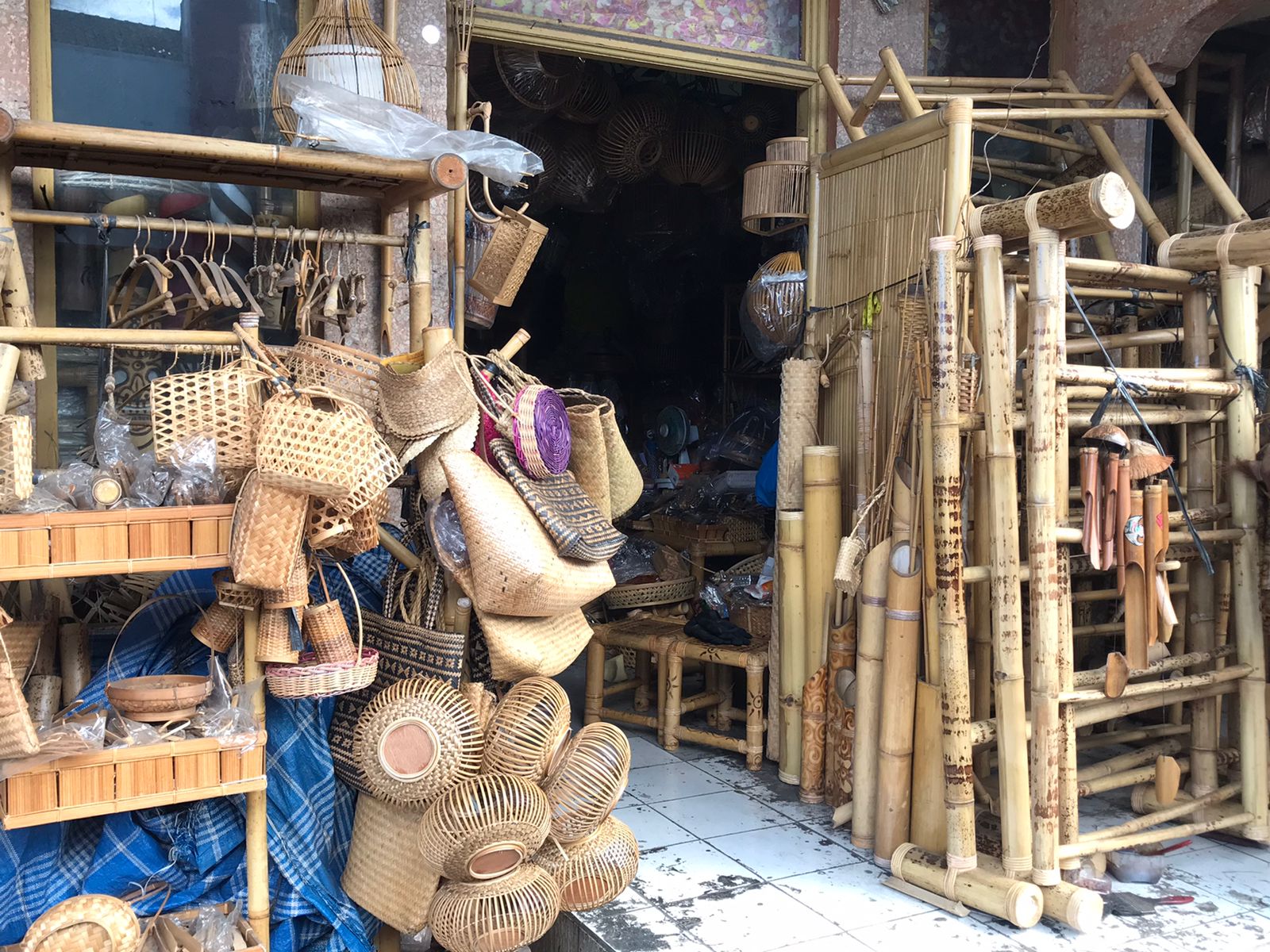Bamboo is one of the fastest growing plants in the world, capable of growing up to one meter per day. There are thousands of types of bamboo and people have used them for centuries for everything from construction, food, and medicine.
Over time, bamboo has been widely used to produce various goods such as furniture, clothing, fuel, decorations, medicines, tissue, tableware, jewelry, packaging, and even bicycle frames.
There are several things that make bamboo said to be environmentally friendly :
Bamboo is a natural resource
Bamboo is one of the fastest growing plants. Like wild grasses, bamboo reaches full maturity in just 3 to 5 years. Compare this with hardwood such as teak which takes more than 20 years to mature. Bamboo also does not need to be replanted after harvest because bamboo regenerates from its root system. This means there is no need to clear new land for planting, which reduces deforestation and soil erosion.
Air purifier
Bamboo gardens release 35% more oxygen than most tree species and can absorb up to 12% of the carbon dioxide in the atmosphere.
Durable and long lasting
One of the most important qualities of sustainable products is durability. If a product is not durable, it will end up in a landfill long before its time. Bamboo is one of the toughest materials on earth and has been proven to be tough. It is also termite resistant, so it lasts longer than many wood products.
Can be recycled
When natural bamboo reaches the end of its life, it can be recycled or composted. This is another important factor in determining the sustainability of a product. If it cannot be reused or reused, it will eventually end up in a landfill.
Easy to Grow
Bamboo thrives in a variety of climates and soil types, making it one of the most versatile plants in the world. It can even grow in areas where other plants cannot, such as steep hillsides or wetlands. This means bamboo can be grown in areas unsuitable for traditional farming, which helps preserve valuable ecosystems.
Minimal Waste
All parts of the bamboo plant can be used. The stems can be used for construction, while the leaves and roots can be used as mulch or animal feed. Even the dust created during processing can be recycled and used as fertilizer. This is in contrast to many other materials, such as plastic or metal, which often have a lot of waste associated with their production.

